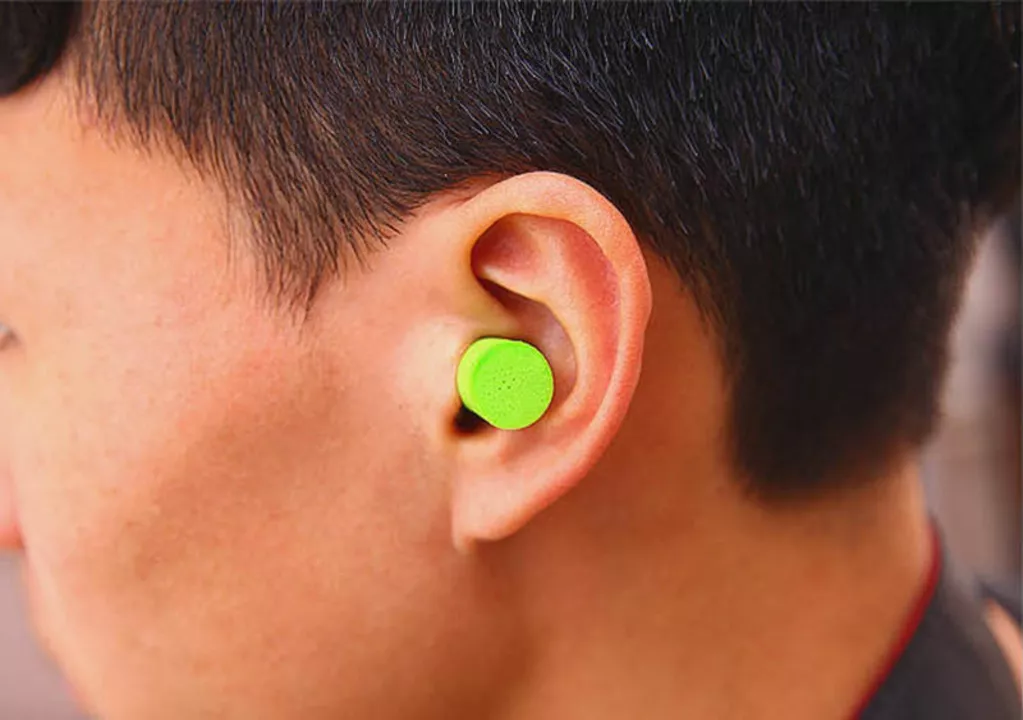Noise-Induced Hearing Loss: What It Is and How to Stop It
Noise-induced hearing loss (NIHL) happens when loud sound damages the tiny hair cells inside the inner ear. At first you might notice ringing in your ears (tinnitus) or that speech sounds muffled after a concert or a noisy shift at work. Often the damage builds over years and you don't notice until conversations become hard to follow. The good news is that most NIHL is preventable if you change how you expose your ears to sound and use simple protections.
How to protect your hearing
Start by measuring and limiting loud sounds. Health experts recommend keeping exposure below 85 decibels for an eight-hour day. Every increase of 3 dB roughly halves safe exposure time, so louder settings need shorter exposure. Use ear protection like foam earplugs (NRR-rated) or over-ear earmuffs at concerts, workshops, construction sites, shooting ranges, and when mowing the lawn. For music players, follow the 60/60 rule: no more than 60% volume for 60 minutes. Noise-cancelling headphones work well because they reduce background noise so you can listen at lower volumes.
Choose the right protection for the situation. Disposable foam plugs are cheap and effective for many noisy tasks. Reusable silicone plugs fit better for repeated use. Musicians and frequent concert-goers can get high-fidelity or custom-molded earplugs that lower volume without muddling sound. At work, double up with plugs plus earmuffs if noise is extreme. Always follow the plug fitting instructions; a poor seal cuts protection a lot.
Small habit changes help a lot. Move away from loudspeakers at events, lower TV volume when others complain, and give your ears quiet time after noisy activities—your ears recover during rest. Use quieter tools and appliances when possible. Use smartphone noise apps to get a rough idea of sound levels, but don’t rely on them for precise measurements at work.
When to get checked
If you have persistent ringing, trouble following conversations, or a sudden change in hearing after loud noise, see a hearing professional. An audiologist will do a hearing test (audiogram) and tell you what’s happening. Early detection helps protect the hearing you still have and guides treatment. Treatments range from counseling and sound therapy for tinnitus to hearing aids and assistive listening devices for permanent loss. In severe cases, cochlear implants might be discussed.
At work, ask about a hearing conservation program. Many employers must offer monitoring, training, and free hearing protection when noise is high. Keep notes of noisy exposures and symptoms—this helps health pros and supports workplace claims.
Simple, practical steps—wear plugs, turn down volume, take breaks, and get tested if you notice trouble—keep you hearing better for years. Pick one change today and protect the sound you rely on.
Protect kids by limiting headphones and choosing low-volume toys. If you take medicines known to affect hearing (certain antibiotics or chemotherapy drugs), tell your doctor before noisy work or events. Regular checks are wise for people exposed to loud sound over years and aging.
The Importance of Hearing Protection in Loud Environments
As a frequent concert-goer, I cannot stress enough the importance of hearing protection in loud environments. I've personally experienced the negative effects of not using earplugs, such as ringing in my ears and temporary hearing loss. I've learned that prolonged exposure to high-decibel sounds can lead to irreversible damage to our ears. Now, I always make sure to carry a pair of earplugs with me to protect my hearing in noisy settings. Remember, it's better to be safe than sorry when it comes to our hearing health!





